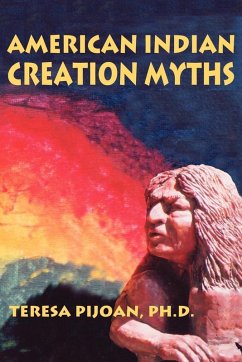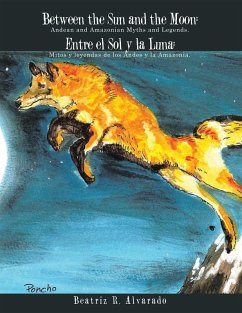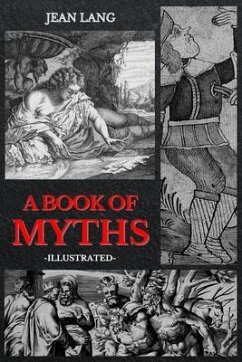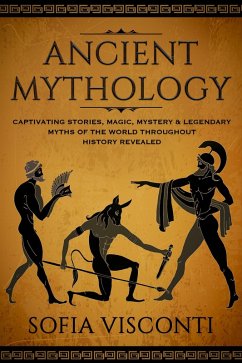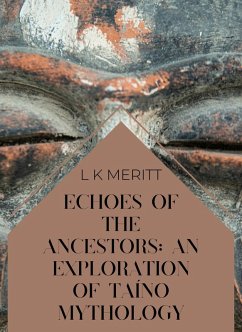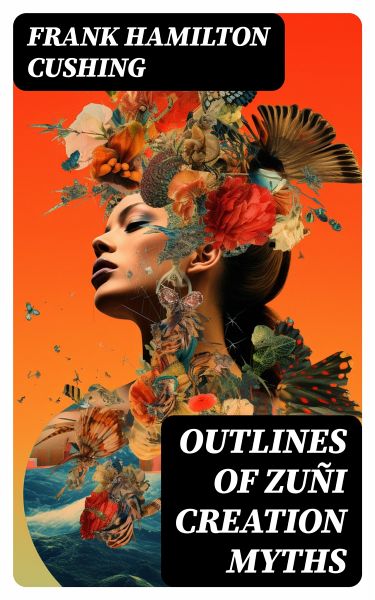
Outlines of Zuñi Creation Myths (eBook, ePUB)

PAYBACK Punkte
0 °P sammeln!
In "Outlines of Zuñi Creation Myths," Frank Hamilton Cushing presents a captivating exploration of the rich tapestry of Zuñi cosmology. Through a meticulous collection of oral traditions and narratives, the book employs a narrative style that blends ethnographic observation with poetic lyricism, offering readers not only a glimpse into the Zuñi world but also a profound appreciation for the community's cultural heritage. The text serves as a crucial document reflecting the late 19th-century anthropological discourse as Cushing seeks to preserve these vital narratives at a time when Indigeno...
In "Outlines of Zuñi Creation Myths," Frank Hamilton Cushing presents a captivating exploration of the rich tapestry of Zuñi cosmology. Through a meticulous collection of oral traditions and narratives, the book employs a narrative style that blends ethnographic observation with poetic lyricism, offering readers not only a glimpse into the Zuñi world but also a profound appreciation for the community's cultural heritage. The text serves as a crucial document reflecting the late 19th-century anthropological discourse as Cushing seeks to preserve these vital narratives at a time when Indigenous cultures were at risk of erasure. Frank Hamilton Cushing, an early American anthropologist, was profoundly influenced by his experiences living among the Zuñi people of New Mexico. His commitment to understanding and accurately depicting Indigenous cultures fueled his interdisciplinary approach, which intertwined anthropology, linguistics, and art. Cushing's work was pioneering for its time, as he advocated for the importance of Indigenous voices and the preservation of their stories. "Outlines of Zuñi Creation Myths" is an essential read for anyone interested in anthropology, Indigenous studies, or the power of storytelling. Cushing's work invites readers to reflect on the profound connections between myths and cultural identity, making it a vital addition to the scholarly discourse surrounding Native American literature.
Dieser Download kann aus rechtlichen Gründen nur mit Rechnungsadresse in A, B, BG, CY, CZ, D, DK, EW, E, FIN, F, GR, H, IRL, I, LT, L, LR, M, NL, PL, P, R, S, SLO, SK ausgeliefert werden.




